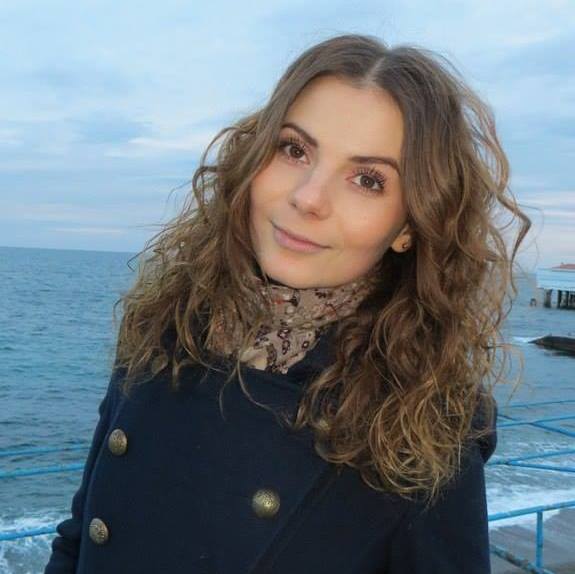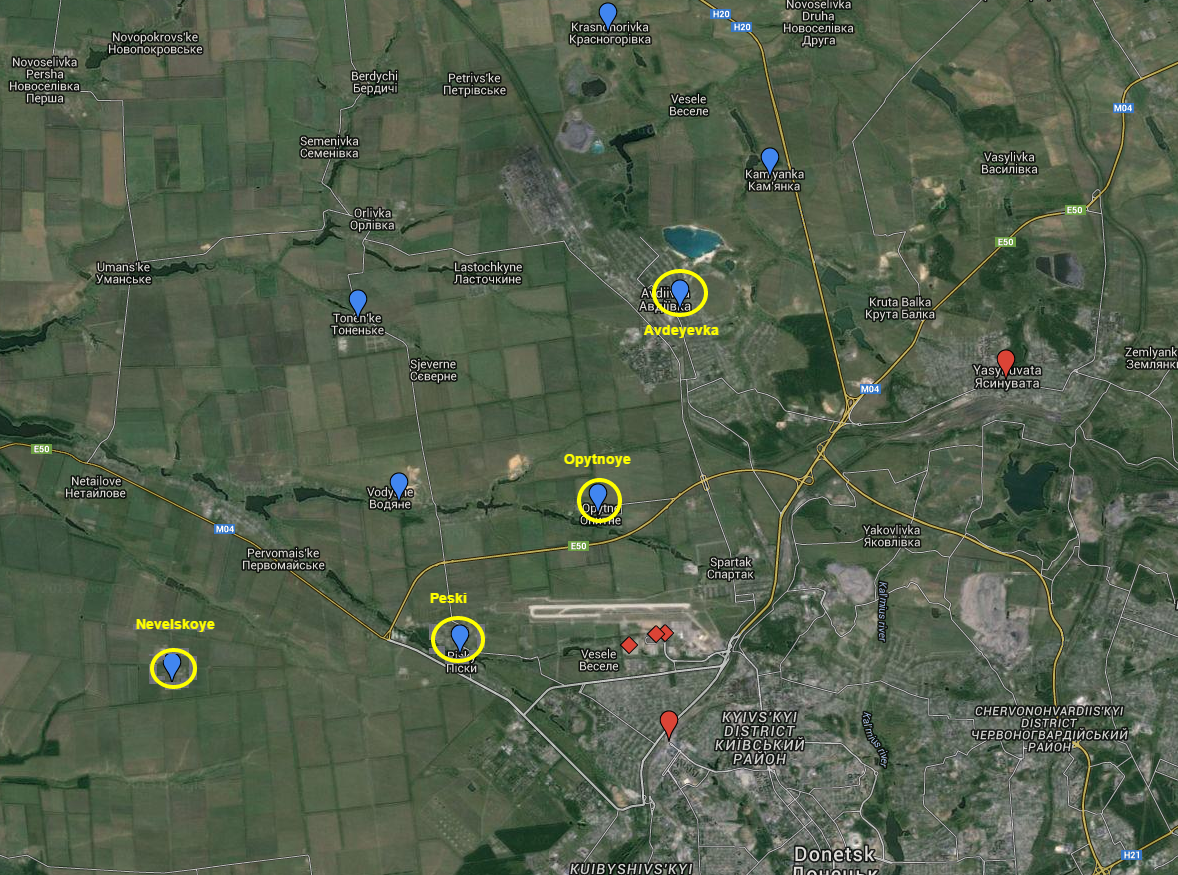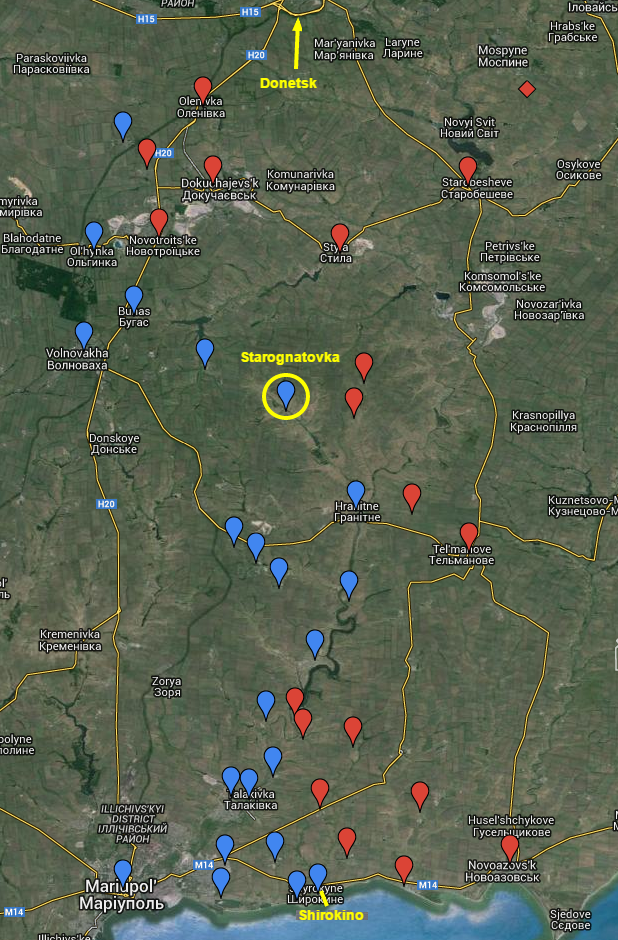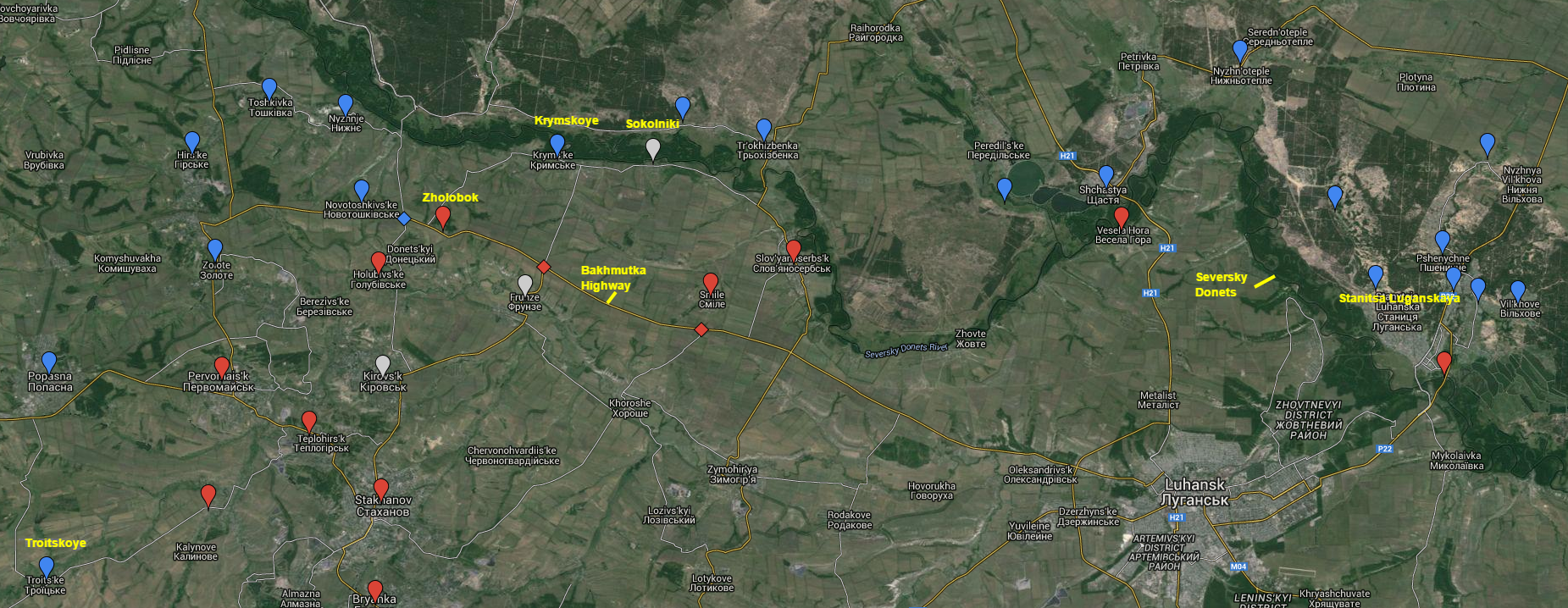Yesterday’s live coverage of the Ukraine conflict can be found here. An archive of our liveblogs can be found here. For an overview and analysis of this developing story see our latest podcast.
Please help The Interpreter to continue providing this valuable information service by making a donation towards our costs.
For links to individual updates click on the timestamps.
For the latest summary of evidence surrounding the shooting down of flight MH17 see our separate article: Evidence Review: Who Shot Down MH17?
Ukraine has received an important infusion of money, the first tranche of the IMF loan for which Ukraine has been reorganizing its economy. World Affairs Journal reports:
Ukraine says it has received the first $5 billion tranche of an International Monetary Fund loan for its strained economy.
The Finance Ministry said in a statement on March 13 that $2.2 billion will be put in government accounts and the rest go to the central bank to help stabilize the falling national currency, the hryvnya.
The $5 billion tranche is the first part of a four-year, $17.5 billion IMF package.
In a separate analysis, RFE/RL warns that “the deal’s success is contingent on the government making deep and immediate cutbacks that could scuttle the program long before it has a chance to work.” In order to get the loan Ukraine has had to decrease government spending (while simultaneously increasing military spending, spending more money on internally displaced persons and repairs to infrastructure, all due to Russia’s war in eastern Ukraine). They’ve done this by cutting energy subsidies (the cost of heating gas is estimated to increase by three fold) and cutting pensions and social services. But these cutbacks will likely make the Ukrainian economy worse, making it harder for Ukraine’s government to balance the budget.
Worst of all, RFE/RL reports that the IMF is skeptical too:
Even the IMF itself has expressed serious doubts that the Ukrainian loan program can succeed. A report published on March 12, a day after the loan package was announced, says there are “exceptionally high risks” to the program ever succeeding.
The report says a positive outcome is contingent on at least a couple of factors outside the country’s control.
The main factor is the ongoing conflict with Russia in the east of the country. While a shaky cease-fire continues to hold, the IMF has said in the past a return to major fighting would jeopardize future loan payments.
The report also says success depends on Ukraine’s ability to renegotiate its existing loans with public and private creditors.
One of those creditors is Russia, which holds $3 billion of Ukraine’s outstanding debt.
Ironically, since Russia is part of the IMF, they are using their propaganda networks to brag about Ukraine’s receipt of the first tranche of the loan:
Nikolai Polozov, a lawyer for Nadezhda Savchenko, a Ukrainian military officer captured by separatist fighters and illegally transported to Russia where she is on trial for murder, has tweeted that Ukrainian doctors, who have been officially granted access to assess her health, have been kept waiting for 7 hours now.
Translation: Ukrainian doctors were granted permission to examine Savchenko under the guarantee of the ombudsman of the Russian Federation. The doctors have now been waiting for 7 hours. That’s what a guarantee’s worth.
Another of Savchenko’s lawyers, Mark Feygin, tweeted:
Translation: We’re writing a complaint to the Prosecutor General of the Russian Federation via the electronic form on their site on the actions of the FSIN [Federal Penitentiary Service] in denying the Ukrainian doctors access to Savchenko
UNIAN reported earlier on the delegation:
According to Andriy Strokan, the deputy chief physician on medical issues of the Feofania hospital, the delegation of physicians that arrived in Moscow on Friday morning is still standing outside the jail.
“Nobody came out to us, and it is unknown whether we can visit Nadia Savchenko,” he said.
The delegation of Ukrainian doctors who were to conduct a medical examination of Savchenko consists of Head Specialist in gastroenterology of the Ministry of Health of Ukraine Professor Natalia Kharchenko, deputy chief physician on medical issues of the Feofania hospital and physician anesthesiologist Andriy Strokan, and Head of the Department of Neurology of the National Medical University of Bohomolets Professor Larysa Sokolova.
On March 11, another of Savchenko’s lawyers, Ilya Novikov, told Bloomberg that Savchenko was threatening to resume her hunger strike unless Ukrainian doctors were allowed to examine her by March 16.
Novikov reported that she was suffering from acute pancreatitis and was at risk of death.
— Pierre Vaux
Russia’s Federal Security Service (FSB) has detained Natalya Kokorina, a journalist and editor at the Centre for Investigative Journalism (CJR) in Simferopol, occupied Crimea.

Colleagues of Natalya Kokorina, who works for the Center of Journalist Investigations in Simferopol, told RFE/RL that FSB officers searched her parents’ apartment and detained her.
Her lawyer, Dzhemil Temishev, was not allowed to enter the apartment during the search.
Also on March 13, FSB officers searched apartment in Simferopol that belongs to the parents of another local journalist, Anna Andriyevska, and confiscated a computer belonging to Andriyevska’s father.
Andriyevska moved to Ukraine’s capital, Kyiv, after Russia illegally annexed Crimea from Ukraine in March last year.
The officers told Andriyevska’s father she was being investigated over an article published last year which investigators claimed called for the overthrow of the Moscow-backed government in Crimea.
The CJR website (investigator.org.ua) reported that Kokorina had contacted a colleague at around 8 this morning and asked her to come to her parents’ apartment.
Kokorina said (translated by The Interpreter):
“A man rang this morning, introduced himself as a member of the Kievsky district police, and said that the door of the apartment at which I’m registered and my parents live, was open. My parents’ phones were turned off.”
The CJR report says that there has been no contact with Kokorina since she entered her parents’ apartment.
People in civilian clothes prevented journalists from entering the building.
No grounds for the FSB search have been given.
— Pierre Vaux
Interfax-Ukraine reported on a press briefing by Anatoly Stelmakh, the spokesman for the Ukrainian military’s Anti-Terrorism Operation (ATO):
“In total, the enemy violated the ceasefire 11 times before midnight and five more firing attacks were registered from midnight to six o’clock in the morning,” Stelmakh said at a briefing in Kyiv on Friday.
The largest number of attacks was registered in the Donetsk sector. “Here, not changing the tactics, the enemy had been shelling Pisky, Opytne, Nevelske, Avdiyivka. Violating the peace agreements, militants were shelling the town of Avdiyivka with artillery systems at 20:20 Kyiv time. From 21:20 to 22:15 Kyiv time Russian terrorist groups were attempting an unsuccessful assault on our positions near the village of Starohnativka [in Volnovakha district, Donetsk region],” he said.

The attack on Starohnativka (Starognatovka in Russian) is particularly noteworthy. Separatist and Russian efforts in south have largely been focused on Shirokino and neighbouring villages since the Minsk agreement.
But any move on Mariupol itself would require Russian-backed forces to cut off the city from the north to allow a pincer movement and hinder Ukrainian resupply. This would mean pushing Ukrainian forces off the stretch they control of the northern highway out of Mariupol towards Donetsk.
Russian-backed fighters currently control this highway from Donetsk as far south as Novotroitskoye, with the Ukrainian front-line positions at Burgas, Olgynka and Volnovakha. To the east of Volnovakha, the Ukrainians hold Trudovskoye and positions in or near Starognatovka.

This attack would suggest the potential of moves on the Volnovakha area, and subsequently Mariupol itself, is growing again.
Meanwhile, east of Donetsk:
The Luhansk and Artemivsk sectors saw two attempts of shelling on the ATO forces each from 20:40 to 23.30 Kyiv time. At midnight, militants were attacking the village of Shyrokyne in Volnovakha district in the direction of the Ukrainian-controlled city of Mariupol with small arms twice, Stelmakh added.
There were further reports of attacks in the Lugansk region from the press office of the governor of the region, Hennadiy Moskal. Novosti Donbassa reports (translated by The Interpreter):
According to him, on March 12, militants, dug-in on the banks of the Seversky Donets, shelled Stanitsa Luganskaya with mortars.
Afterwards, machine gun fire broke out on the demarcation line.
No reports of wounded or killed have come in.
The regime of silence was not adhered to in other hotspots of the region.
Over the course of yesterday evening and through the night, fire-fights with machine guns periodically broke out between the defensive positions of the Ukrainian security forces in Krymskoye and the militants in Sokolniki. And on the Bakhmutka Highway near the village of Zholobok, which is occupied by Russian regular soldiers, there was fire from mortars, rocket-propelled grenades and heavy-calibre firearms.
It is interesting that Russian-backed fighters are reported to be operating in Sokolniki, which has previously been described as unoccupied and as been the target of regular shelling.
Novosti Donbassa continues:
Solitary artillery shell blasts were heard on the outskirts of Troitskoye (in the Popasnaya district, near Debaltsevo).
No civilians were wounded, there was no recorded damage to infrastructure or homes.

Moskal’s office also reported that a camouflaged radio-controlled mine had been found on the highway between the Ukrainian held-towns of Lysychansk and Artyomovsk.
— Pierre Vaux